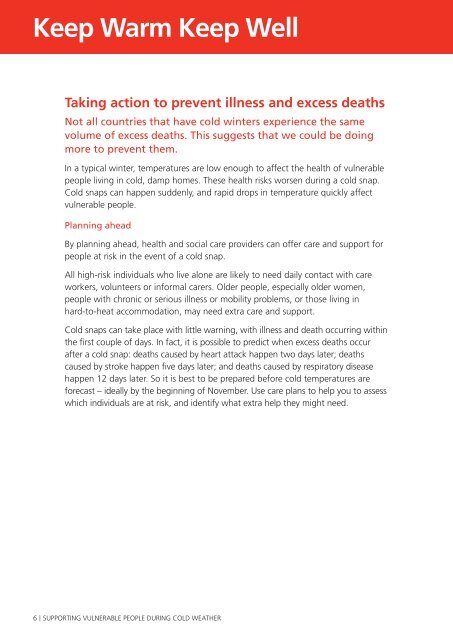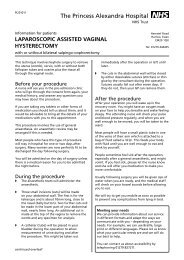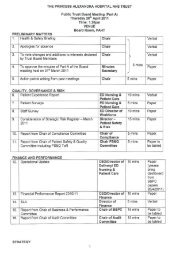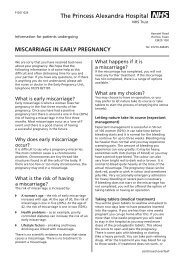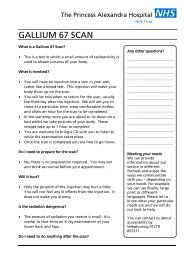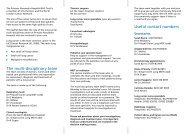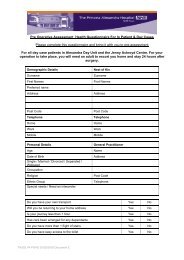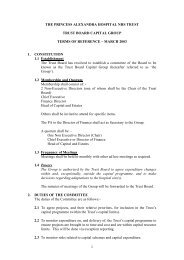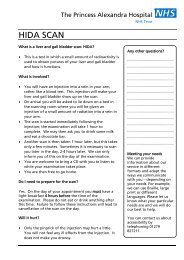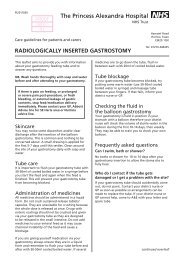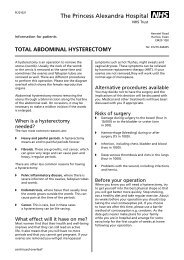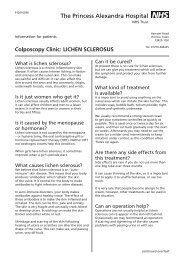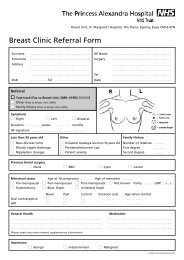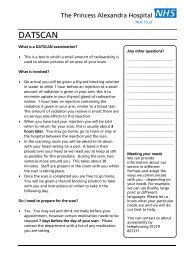Keep Warm Keep Well
Keep Warm Keep Well
Keep Warm Keep Well
Create successful ePaper yourself
Turn your PDF publications into a flip-book with our unique Google optimized e-Paper software.
<strong>Keep</strong> <strong>Warm</strong> <strong>Keep</strong> <strong>Well</strong><br />
Taking action to prevent illness and excess deaths<br />
Not all countries that have cold winters experience the same<br />
volume of excess deaths. This suggests that we could be doing<br />
more to prevent them.<br />
In a typical winter, temperatures are low enough to affect the health of vulnerable<br />
people living in cold, damp homes. These health risks worsen during a cold snap.<br />
Cold snaps can happen suddenly, and rapid drops in temperature quickly affect<br />
vulnerable people.<br />
Planning ahead<br />
By planning ahead, health and social care providers can offer care and support for<br />
people at risk in the event of a cold snap.<br />
All high-risk individuals who live alone are likely to need daily contact with care<br />
workers, volunteers or informal carers. Older people, especially older women,<br />
people with chronic or serious illness or mobility problems, or those living in<br />
hard-to-heat accommodation, may need extra care and support.<br />
Cold snaps can take place with little warning, with illness and death occurring within<br />
the first couple of days. In fact, it is possible to predict when excess deaths occur<br />
after a cold snap: deaths caused by heart attack happen two days later; deaths<br />
caused by stroke happen five days later; and deaths caused by respiratory disease<br />
happen 12 days later. So it is best to be prepared before cold temperatures are<br />
forecast – ideally by the beginning of November. Use care plans to help you to assess<br />
which individuals are at risk, and identify what extra help they might need.<br />
6 | SUPPORTING VULNERABLE PEOPLE DURING COLD WEATHER


